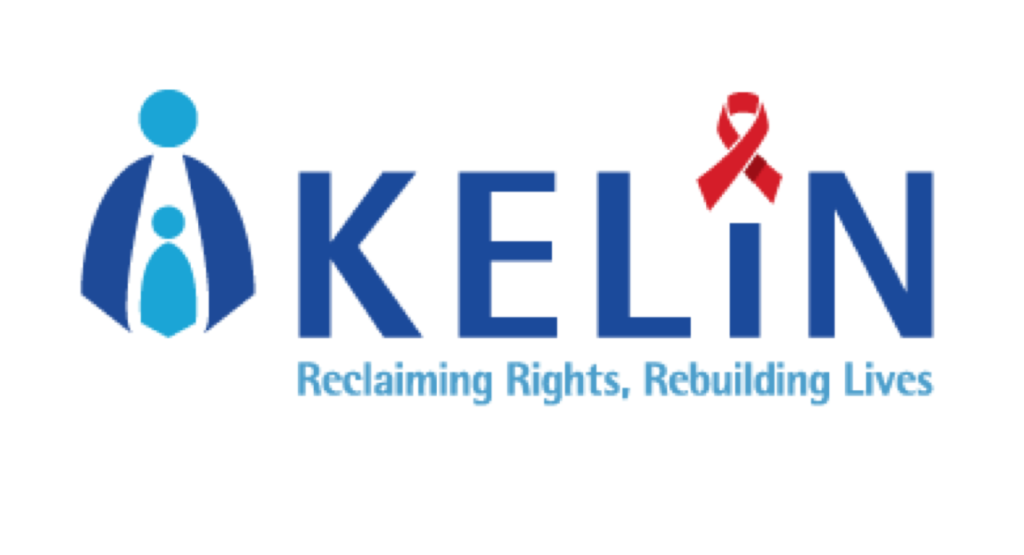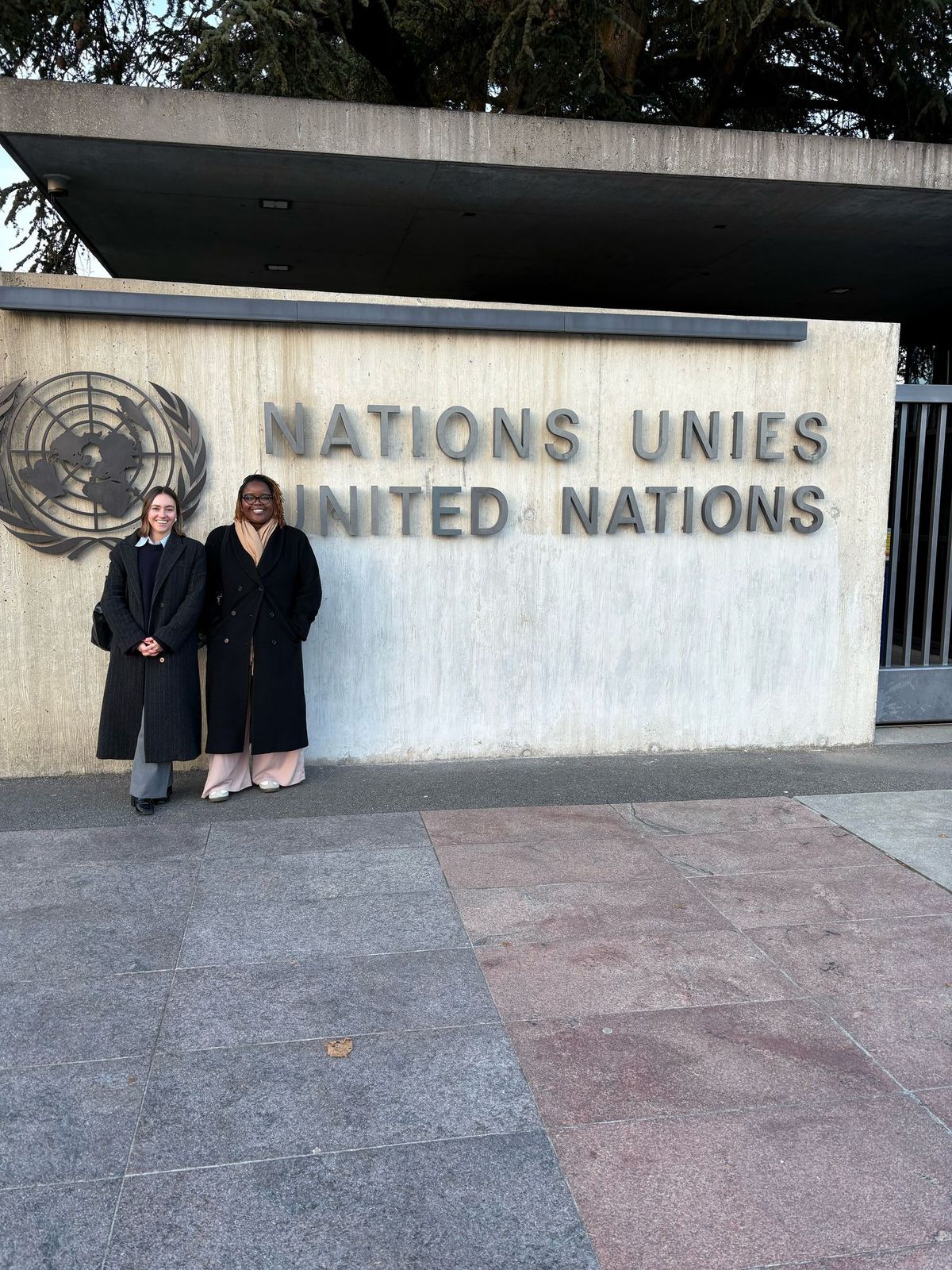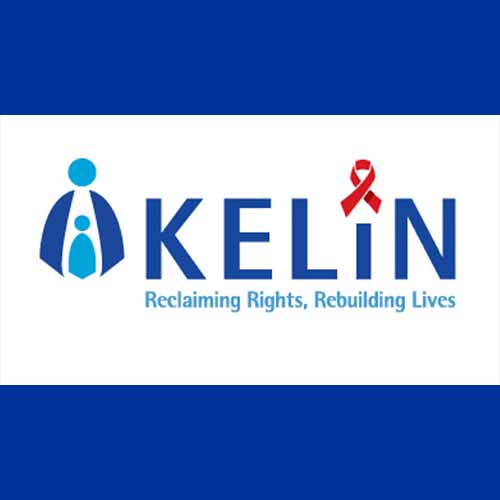Every year, to highlight the importance of family units, the world converges on May 15th to commemorate International Family Day.
As the global landscape continues to evolve, it is extremely important to reflect on the shifting nature of families and their diverse compositions. In international law, the definition of family is limited to relationships between men and women, excluding same-sex relationships and other arrangements deemed incompatible with the legal concept of family. Traditionally, the term family presents an image of a nuclear unit consisting of parents and children. However, in today’s dynamic society, the understanding of family has expanded significantly, embracing a broader range of relationships.
Today, the term family includes; single-parent families, child-headed households, polygamous households, extended families, blended families and grandparent-headed households, each of which are a result of circumstance or choice.
Single-Parent Families
Single-parent families result from unfortunate circumstances such as death, abandonment, divorce, imprisonment, migration, or separation. These families demonstrate resilience in navigating challenges while providing nurturing environments for their children.
Child-Headed Households
In such households, regardless of the presence of adult members, children assume responsibilities typically held by parents or caregivers, showcasing adaptability amidst challenges.
Polygamous Households
Polygamous unions reflect cultural diversity, where a man has multiple wives, and are recognized under the law. This emphasizes the importance of acknowledging and respecting diverse familial structures.
Extended Families
Extended families encompass not only the nuclear family but also a network of relatives, including aunts, uncles, cousins, and grandparents. These families emphasize collective support and intergenerational bonds.
Blended Families
Arising from situations like divorce, widowhood, or adoption, blended families integrate individuals from different biological backgrounds into cohesive units, highlighting the capacity for love and inclusivity to transcend biological ties.
Grandparent-Headed
Households In skip-generation households, grandparents assume caretaking roles for their grandchildren, stressing the importance of intergenerational harmony and support.
Legal Framework and Family Protection
Kenya’s legal framework recognizes the significance of families in societal cohesion and individual well-being. Enshrined in the Constitution of Kenya, the protection and promotion of the family unit are fundamental principles guiding legislation and policy formulation. Article 31 safeguards the privacy of family affairs, acknowledging the sanctity of familial relationships. This provision acknowledges the inherent value of family life and the need to preserve its integrity within society.
Moreover, Article 45 recognizes the family as the cornerstone of society, entitled to state protection and recognition. This legal recognition emphasizes the importance of nurturing and safeguarding familial relationships as the foundation of a thriving community.
Within the legal framework, the Marriage Act of 2014 further reflects Kenya’s recognition of diverse familial structures. It acknowledges both monogamous and polygamous unions, ensuring that all parties involved enjoy equal rights and obligations under the law. This inclusive approach recognizes the diversity of family arrangements prevalent in Kenyan society and upholds the principle of equality before the law.
The Children’s Act places a strong emphasis on promoting family cohesion and stability. It highlights the importance of placing children in alternative care within the context of familial support systems. With the prioritization of family based care, the act seeks to ensure the well-being and holistic development of children within nurturing family environments.
In line with these legal provisions, the Draft National Policy on Family Promotion and Protection aims to provide a comprehensive framework for safeguarding and supporting families. This policy initiative seeks to address various thematic areas including, marriage, parenting, education, health and social protection.
International Perspectives on Family
Internationally, frameworks such as the Universal Declaration of Human Rights adopted in 1948, the International Covenant on Civil and Political Rights (ICCPR 23), the International Covenant on Economic, Social, and Cultural Rights (ICESCR 10.1) give a comprehensive framework for understanding the significance of family within society.
Article 16 of the UDHR ) defines the family as “the natural and fundamental group unit of society” and declares that it is “entitled to protection by society and the State. Article 23 of the ICCPR reaffirms the same.
The Convention on the Rights of the Child (CRC) reflects the UDHR’s provisions in its preamble, highlighting the importance of protecting and supporting families to ensure the well-being and development of children.
Additionally, the African Union’s Plan of Action on the Family in Africa adopted in 2004 emphasizes the importance of formulating policies and programs to safeguard and support families. It emphasizes the need to create a conducive environment for all family members, with particular attention to the rights of vulnerable groups such as children, women, and the elderly.
Embracing Diversity, Fostering Inclusivity in commemoration of International Family Day, it is important to embrace the diversity of family structures and honor the resilience, love, and support they embody.
Recognizing and celebrating the numerous forms of family fosters inclusivity, promotes social cohesion, and ensures that all individuals, regardless of their familial circumstances, feel valued and supported within their communities and societies.


